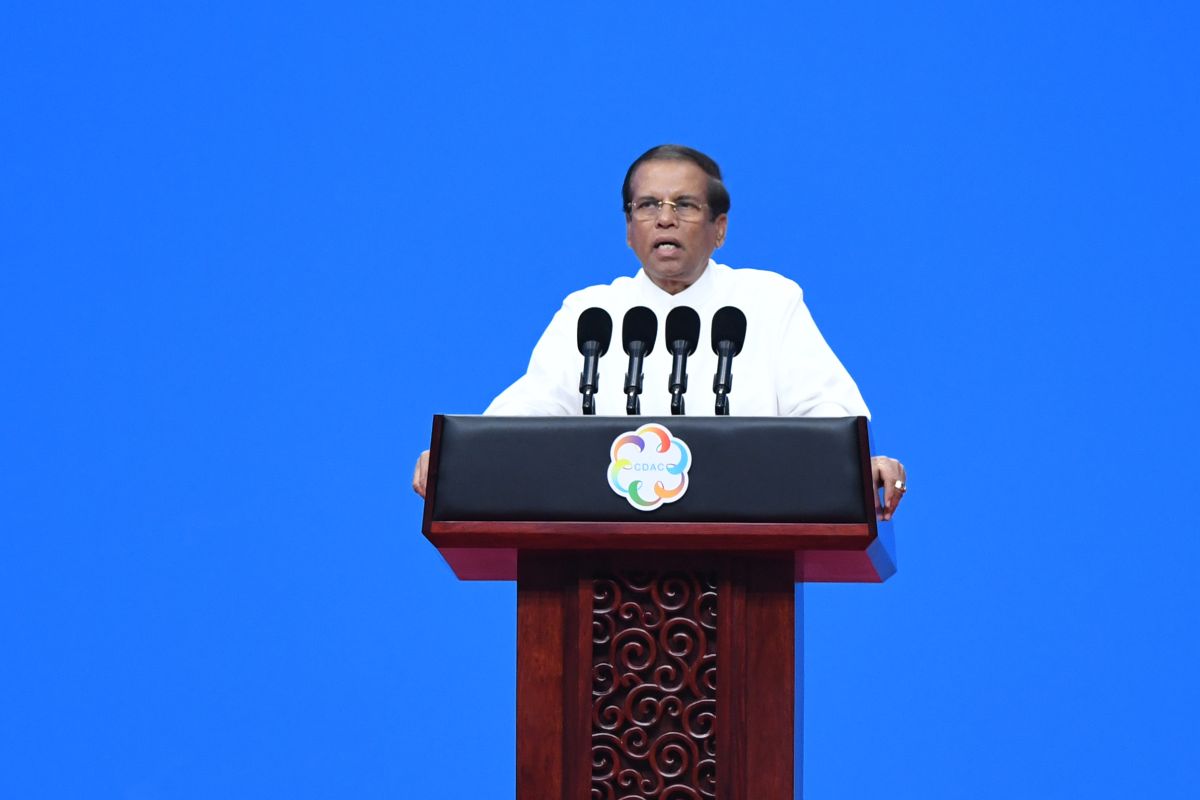Sri Lankan President Maithripala Sirisena extended a statewide emergency by a month, going back on pledges to relax the tough laws which were introduced post-Easter Sunday attacks that killed 258 people.
“I believed there was a ‘public emergency’ in the country and was invoking provisions of the public security act extending the state of emergency,” Sirisena said in a statement.
Advertisement
Over 100 people including 10 women are in custody in connection with April’s Easter Sunday suicide attacks on three churches and three luxury hotels in Colombo.
In late May, Sirisena told diplomats — from Australia, Canada, Japan, the US and European states — that the security situation was “99 per cent back to normal” and that he would allow the emergency laws to lapse by June 22.
There was no immediate word from the government why Sirisena changed his mind, but security remains tight in the capital.
The emergency can be declared for a month at a time, and parliament must ratify it within 10 days.
Sri Lanka was struck by a string of bomb blasts on April 21.
The country’s Prime Minister, Ranil Wickremesinghe, who chaired an emergency meeting after the Easter Sunday attack, said, “I strongly condemn the cowardly attacks on our people today. I call upon all Sri Lankans during this tragic time to remain united and strong. Please avoid propagating unverified reports and speculation. The government is taking immediate steps to contain this situation.”
Sirisena government has been criticised for failing to act on precise Indian intelligence that jihadists were about to hit Christian churches and other targets in Sri Lanka.
Earlier this month, Maithripala Srisena said that he did not receive any report or information that the suicide bombers involved in the Easter Sunday serial blasts had travelled to India prior to the attack.











